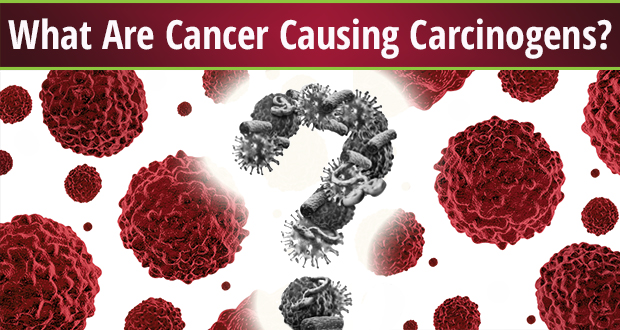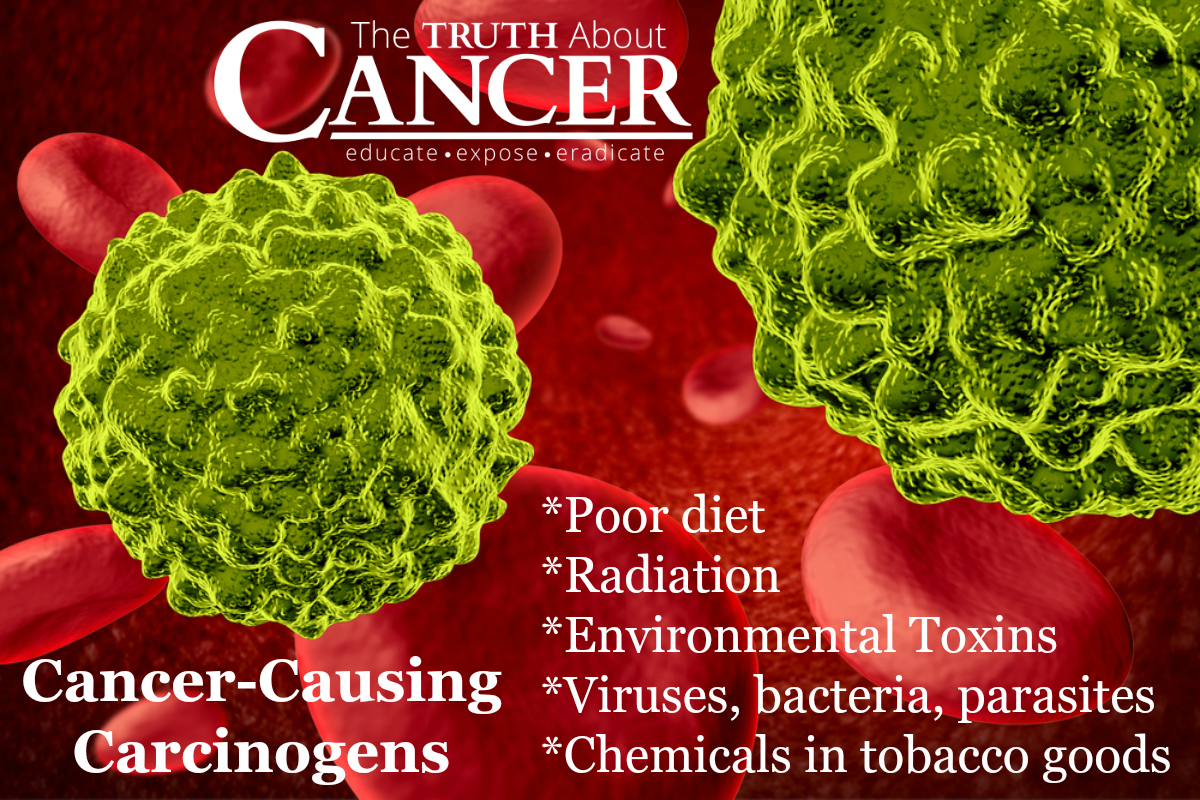Cancer is one of the leading causes of death around the world. In 2014, an estimated 1.6 million people will be diagnosed with cancer in the United States alone.
Of those, approximately 500,000 will die from the disease.
It is an equal-opportunity killer. No matter who you are, where you live, or how much money you make – no one is “immune” to cancer. You can exercise, eat right, never pick up a cigarette, and still get cancer.
As of now, there is no “magic-bullet” that works for every diagnosed patient. It is important that you know the risks, understand every reasonable way that you can prevent cancer, and if you have been diagnosed, you need to know how to fight it.
What Causes Cancer?
The actual cause of cancer remains a mystery. The single term “cancer” refers to over 100 diseases that affect every part of your body.
What scientists do know is that there are factors that increase your risk, that trigger the growth and spread of cancer in your body. For some forms of cancer, the risk factors are specific.
One known trigger for cancer is carcinogens.
Carcinogens are chemical, physical, biological, or any substances that are agents in causing cancer. If allowed to accumulate in the human body in large amounts or for extended periods of time, there is a higher likelihood that your cells will become damaged, resulting in the growth of cancer cells.
Five Primary Categories of Cancer-Causing Carcinogens
- Tobacco Smoke: Whether you are a smoker or a victim of secondhand smoke, all scientific research agrees that smoking is the number one cancer-causing habit. Interestingly, though, it’s not the actual tobacco that causes cancer, but rather the chemicals used during the production of the tobacco product. Smoking is directly linked to cancer of the lungs, esophagus, respiratory tract, bladder, and pancreas. Scientists believe it is indirectly responsible for cancer of the stomach, liver, and kidneys. 90% of lung cancers – for smokers and non-smokers – are caused by smoking. The survival rate for lung cancer is one of the lowest among cancer patients – less than 20% – and it is the main killer of men and women among all cancers. If you smoke…QUIT.
- Diet: What a person eats can also be a trigger for cancer. The Western diet is filled with fat, sugar, and sodium, resulting in an obesity epidemic. Then there are genetically modified (GMO) foods and chemical toxins that are found throughout the food manufacturing industry. Prevention of cancer begins with what you put in your body. Choosing foods that feed your cells, boost your immunity, and inhibit the growth of cancer is crucial to being passed over by this disease. Discover 10 of the worst cancer-causing food here.
- Pathogens: Some viruses, bacteria, and parasites can cause cancer. Hepatitis B and C, human papillomavirus (HPV), and Epstein-Barr can be carcinogenic in the human body. Parasitic organisms are the main cause of cancers in some developing countries. In certain regions of Asia and Africa, the liver fluke parasite – Clonorchis sinensis – can cause liver cancer. In North Africa, infection with the parasite Schistosoma haematobium causes bladder cancer. Sterilization of drinking water, proper hygiene, and adequate sanitation reduces the spread of such parasites.
- Radiation: While people who work with radioactive materials (such as X-ray technicians) have a risk of cancer, they are not the largest portion of those diagnosed with the cancer-causing carcinogen radiation. Too much exposure to harmful ultraviolet (UV) rays has been proven as the cause for rapid aging, skin damage, and cancer. Skin cancer is the most diagnosed form of cancer worldwide and the number of cases grows every year. While some exposure to the sun is healthy, it is important to protect your skin if you work outside or plan to be outside for more than half an hour.
- Environmental and Occupational Hazards: Air, water, and soil pollution can cause cancer in the lungs and bladder. More cases of lung cancer are found in cities and urban areas where air pollution levels are considered unsafe. Occupational hazards apply to people that work with known cancer-causing carcinogens such as asbestos, lead, benzene, and vinyl chloride. Where you work and where you live make up a large portion of your daily life. Ensuring that you minimize your exposure to harmful toxins will lower your risk of being diagnosed with cancer.
Other Known to be Human Carcinogens
- Asbestos
- Benzene
- Coal Tars
- Formaldehyde
- Hepatitis B & C Virus
- Mustard Gas
- Solar Radiation
- Ultraviolet Radiation
- Wood Dust
View the full list from the National Toxicology Program here.
Having the facts on carcinogens is the first step in knowing how to remove as many as possible from your own life. Knowledge is the key and how you use that knowledge determines your individual cancer risk.
Experts estimate that more than half of all cancers are preventable. “An ounce of prevention is worth a pound of cure” and never is that more true than when the topic is cancer.
Source: “Cancer” 2001 Microsoft Encarta




















I have been diagnosed with stage 3b no small cell lung cancer am in the middle of chemo and radiation treatment and feeling good.. What can I do to increase my chance of beating this cancer?? Yes I have quit smoking!!!
Hi Nina, We would suggest consulting with one of the doctors that we interviewed in our Global Quest series. Here is a link to get their information: https://thetruthaboutcancer.com/experts-info-sheet/
1st detox ur
Alkaline your body with Apple cider vinegar. Lemon, bicarbonate soda and water.
Alkaline your body, Ozone Therapy and Ondamed. Ondamed is an awesome technology most people have never heard of. Look it up!!!
You forgot to mention inhaling marijuana will also cause lung cancer! It’s actually harsher on your lungs.
😂😂😂😂😂😂
Get ride of free redical of your body to live healthy
am diagonised colon cancer and the tumour was totally removed but i was put on chemo. what are chances of recovery
cancer is real tragedy to many please let all possible to help